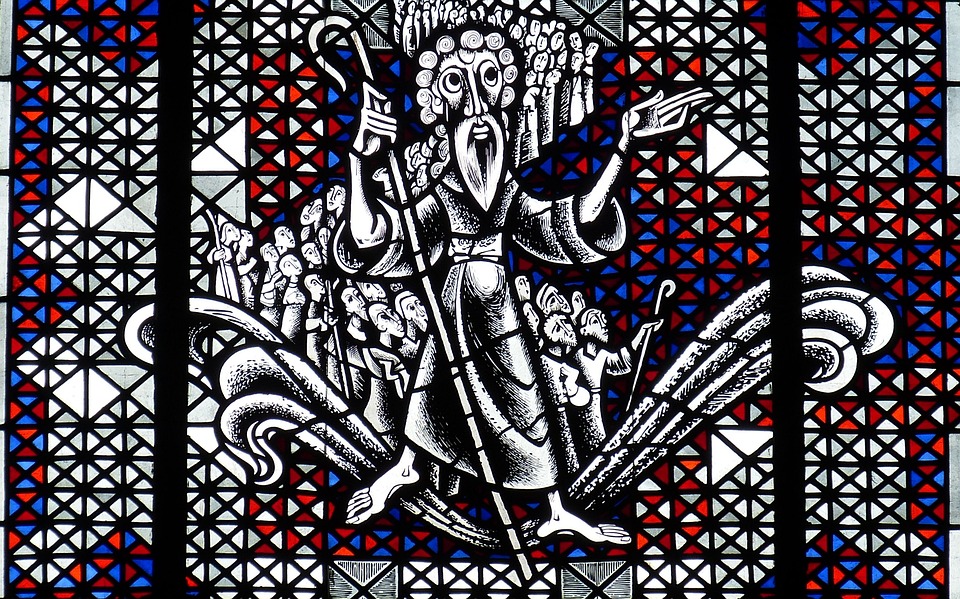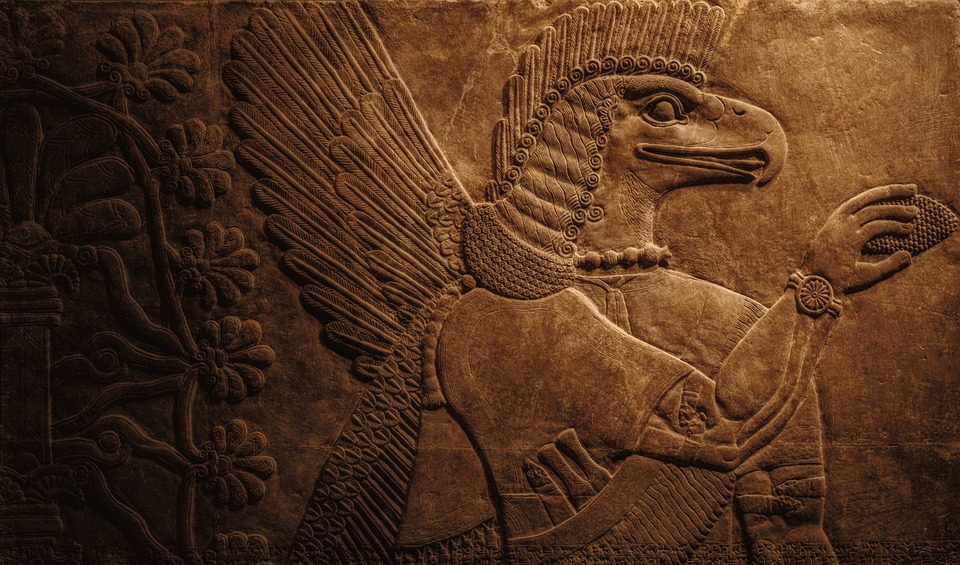
The founding of Pennsylvania is a crucial part of the history of the United States, as it represents one of the earliest attempts at establishing a colony based on religious tolerance and equality. This colony was founded by William Penn, a wealthy English Quaker who saw the potential for creating a new community in the Americas that could serve as a haven for those seeking religious and political freedom.
To understand the context in which Pennsylvania was founded, it is necessary to look at the political and religious climate of Europe in the 17th century. The Reformation had brought about a period of great religious turmoil, with Protestantism challenging the authority of the Catholic Church and leading to conflicts and wars throughout Europe. The situation was particularly tense in England, where the monarchy had been overthrown in 1649 and replaced by a Puritan Commonwealth, which was itself later replaced by the Restoration of the monarchy in 1660.
During this time, a group of radical Protestants emerged, known as the Quakers, who believed in a simple, personal faith and rejected the formalism and hierarchy of the established churches. The Quakers were persecuted and often imprisoned for their beliefs, as they refused to take oaths or swear allegiance to any earthly authority, including the monarchy. They also believed in pacifism and refused to participate in wars or support them in any way.
William Penn was born in 1644, the son of a prominent English admiral who had fought against the Dutch in several naval battles. Penn was educated at Oxford and was expected to follow in his father’s footsteps, but he was drawn to the Quaker faith and became a convert in 1667. He was immediately arrested and imprisoned for his beliefs, but he continued to preach and write about his faith, becoming a leading figure in the Quaker movement.
In 1681, King Charles II granted Penn a charter to establish a colony in the Americas, which he named Pennsylvania, meaning “Penn’s Woods.” This was a significant achievement for Penn, as he had been lobbying for the rights of Quakers and other religious minorities for years. The charter granted Penn complete control over the colony, with the right to govern it as he saw fit, as long as it was in accordance with English law.
Penn saw Pennsylvania as an opportunity to create a new society based on the principles of Quakerism, including religious tolerance, equality, and democracy. He believed that the colony could serve as a model for the rest of the world, showing that it was possible to live in peace and harmony without resorting to violence or coercion.
One of the first things Penn did was to establish a framework for government, which he called the Frame of Government. This document established a representative assembly, which would have the power to make laws and levy taxes, as well as a governor and a council to advise him. The Frame of Government also guaranteed religious freedom and provided for trial by jury, two important principles of democracy.
Penn also made sure that the land in Pennsylvania was fairly distributed among the settlers. He believed that land should be owned by those who worked it, rather than by a few wealthy landowners, and he established a system of land grants that ensured that everyone had an equal opportunity to own property. This was in stark contrast to the feudal system that prevailed in Europe at the time, where land was owned by a few powerful aristocrats.
Perhaps the most important contribution that Penn made to the founding of Pennsylvania was his commitment to religious tolerance. He believed that everyone should be free to worship according to their own conscience, and he made sure that Quakers, as well as other religious minorities such as Catholics and Jews, were welcome in the colony. This was a radical departure from the policies of other colonies, which often had established churches and persecuted those who did not conform to their beliefs.
Penn’s commitment to religious tolerance was evident in the way he treated the Native American tribes who lived in the region. Rather than treating them as inferior, he sought to establish friendly relations with them and negotiated fair treaties that respected their rights and property. This was a marked departure from the policies of other colonies, which often used force to displace the native population.
Penn’s vision for Pennsylvania was based on the principles of peace, justice, and equality, and he sought to create a society that was free from the oppression and inequality that plagued Europe at the time. His efforts were not always successful, as the colony faced many challenges, including conflicts with neighboring colonies and Native American tribes, as well as economic hardships and political turmoil.
Despite these challenges, Pennsylvania continued to grow and prosper, attracting settlers from all over Europe and establishing itself as a center of trade and commerce. It also became a beacon of religious tolerance and freedom, inspiring other colonies to adopt similar policies and helping to lay the foundation for the American Revolution and the founding of the United States.
In conclusion, the founding of Pennsylvania was a significant event in the history of the United States, and William Penn’s contribution cannot be overstated. He was a visionary leader who sought to create a new society based on the principles of equality, justice, and religious tolerance. His legacy lives on in the United States today, as a testament to the enduring values of democracy, freedom, and human rights.







